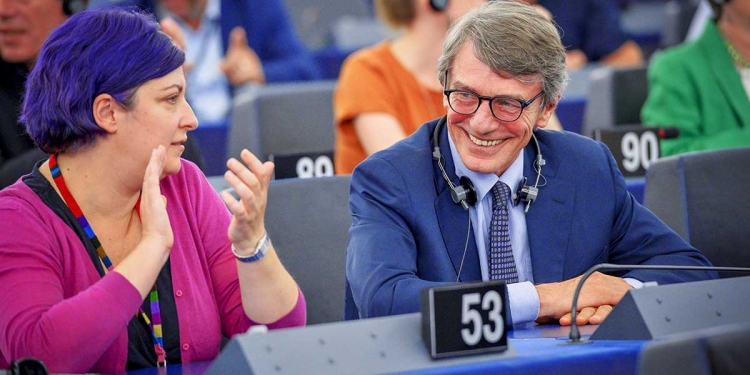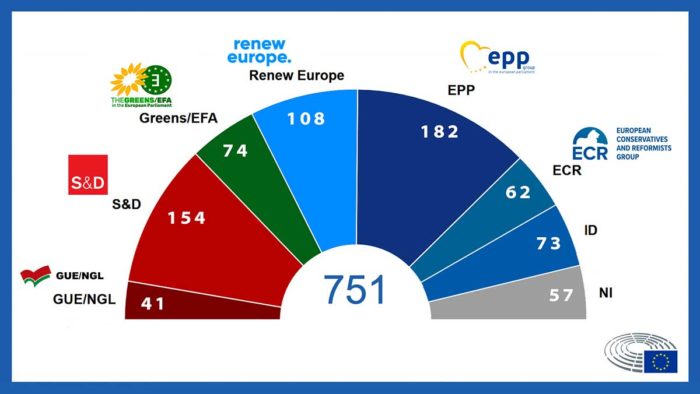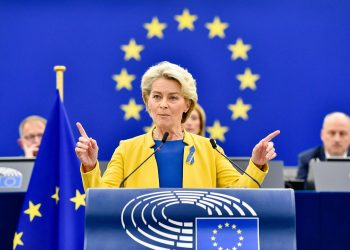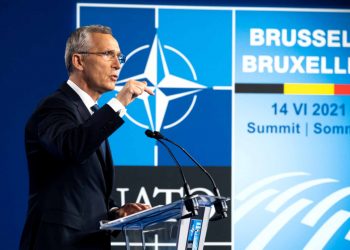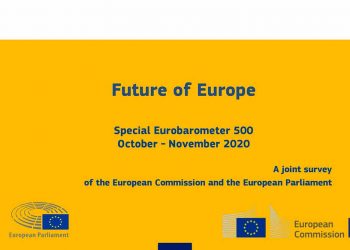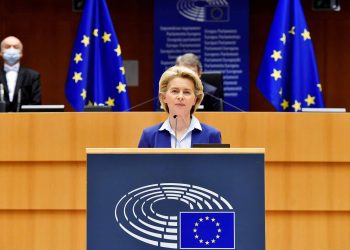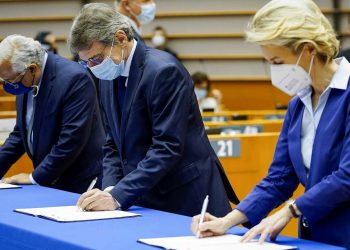On 3 July 2019, David-Maria Sassoli is elected with 345 votes as the new President of the European Parliament.
He is an Italian politician and journalist. He is a member of the Democratic Party and serves in the European Parliament since 2009.
David-Maria Sassoli for Antonio Tajani
On 1 July 2014 Sassoli was elected Vice-President of the European Parliament with 393 votes, making him the second most voted Socialist candidate. In 2019, Sassoli was re-elected again in the European Parliament, with 128,533 votes.
The first thing the newly elected MEPs had to do once they met in plenary of July was to choose who will be the new president of the European Parliament. To win a candidate needs a majority of the votes cast.
David-Maria Sassoli
EU Parliament President 2 1/2 years
The president’s term of office is for two and half years. Members can be elected to the post more than once.
Parliament starts new term with seven political groups
As the new European Parliament meets for the first time, MEPs have formed seven political groups.
Ever since the results of the European elections have been in, newly-elected MEPs have been organising themselves into political groups, which bring together representatives from different EU countries based on their political affinities.
* Ursula von der Leyen for Jean-Claude Juncker
25 MEPs from at least one-quarter of member states
According to Parliament rules, a political group must be composed of at least 25 MEPs from at least one-quarter of member states (at the moment that would mean from at least seven countries). MEPs can belong to only one political group, but may choose not to belong to any; they are then called non-attached. Currently, 57 MEPs have opted not to join a political group.
Political groups can be formed at any time during the term. So far, seven have been recognised as fulfilling the necessary criteria.
Political groups enjoy certain advantages: they play an important role in setting the Parliament’s agenda, are allocated more speaking time during debates and are also allocated more office space, staff and money. They also decide on the set up of parliamentary committees and delegations.

